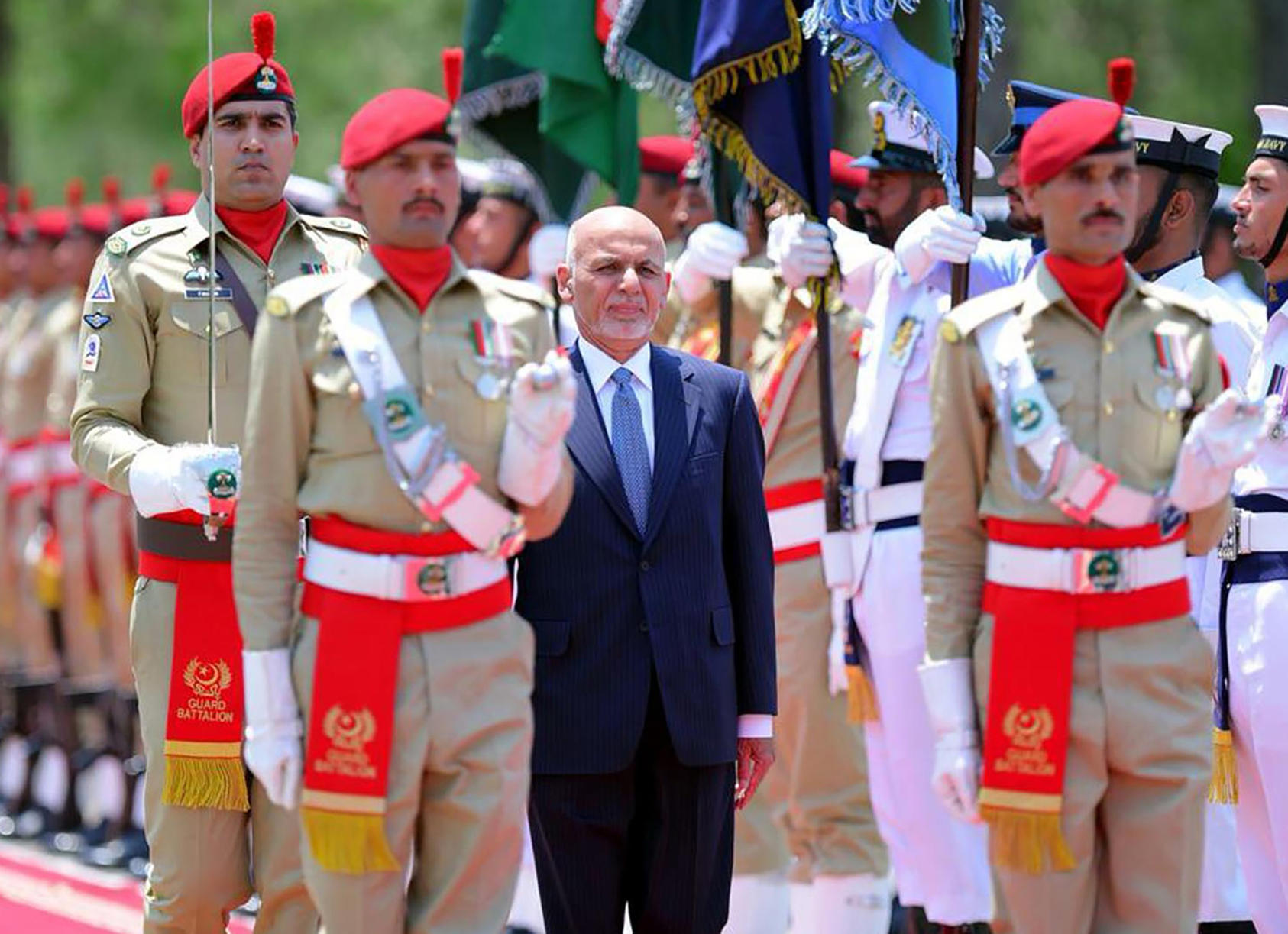The India-Pakistan Rivalry in Afghanistan
The most consequential regional competition for influence in Afghanistan is the contest between India and Pakistan. Indian leaders strive to cultivate Afghanistan as a natural partner and reliable bulwark against Islamic militants, including Pakistan-backed groups, while Islamabad seeks to counter what it regards as an Indo-Afghan nexus to encircle and weaken Pakistan. This report examines the interests and strategies of both countries in Afghanistan within the context of peace negotiations and developments in Kashmir.

Summary
- India and Pakistan pursue mutually exclusive objectives in Afghanistan and leverage sharply different tools to achieve their respective goals. Pakistan utilizes militant groups, including the Afghan Taliban, as strategic proxies, while India places considerable weight on its soft power influence among Afghans.
- India and Pakistan view the intentions and capabilities of each other through an adversarial lens. Pakistan, however, vastly misreads and exaggerates India’s activities in Afghanistan.
- Pakistan is the regional actor with the most influence in Afghanistan owing to its patronage of a resilient Taliban insurgency, though the Pakistan-Taliban relationship is replete with tension. India believes supporting the existing Afghan system best serves its interests, a policy informed by the lack of plausible alternatives. New Delhi is unlikely to acquire, let alone deploy, the military power necessary to generate conditions favorable to Kabul.
- Pakistan may decide to punish India in Afghanistan over India’s decision to mainstream the disputed territory of Kashmir. The incentives for Islamabad to intensify proxy warfare against India’s presence in Afghanistan would sharply increase should the United States decide to abruptly withdraw from Afghanistan without a broad-based intra-Afghan peace deal in place.
- Confidence-building measures constructed around transparency and economic cooperation are not likely to improve India-Pakistan relations. Nevertheless, an inclusive Afghan settlement should at least reduce prospects for violence between India and Pakistan in Afghanistan, though means for Pakistan to conduct proxy violence against India are likely to persist.
About the Report
This report explores the dynamics underpinning the India-Pakistan rivalry in Afghanistan. The interests, fears, and strategies of New Delhi and Islamabad are situated within the context of the Afghan war, developments in Kashmir, terrorism, and proxy violence. The study was supported by the Asia Center at the United States Institute of Peace.
About the Author
Zachary Constantino is a senior U.S. government analyst with more than fifteen years of experience assessing political and security developments in Pakistan and Afghanistan. He has served as strategic adviser to the U.S. commander in Afghanistan and as senior adviser to the State Department’s special representative for Afghanistan and Pakistan. The views expressed here are his own and do not represent the views of either the U.S. government or USIP.



